
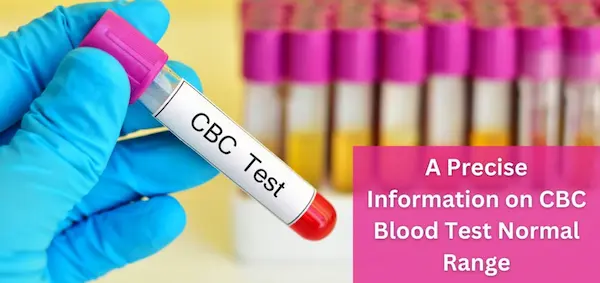
Measures red, white, and platelet cells to assess overall health.
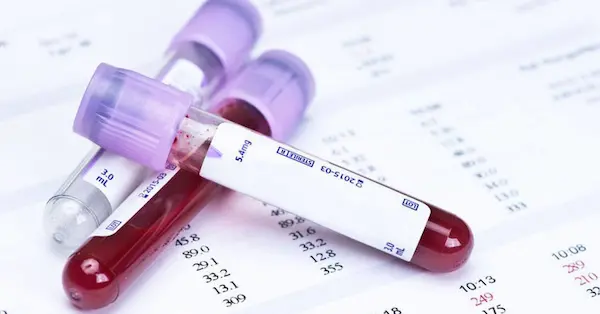
Detect anemia or other blood-related disorders with an HGB count.
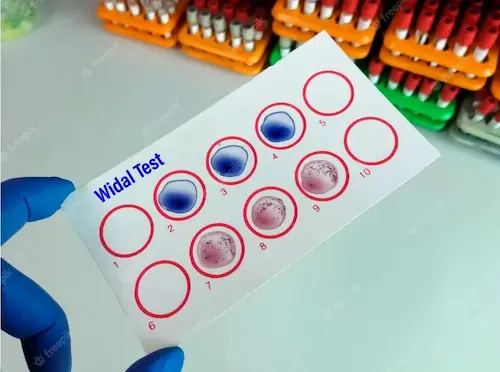
Used for the diagnosis of typhoid and paratyphoid fever.
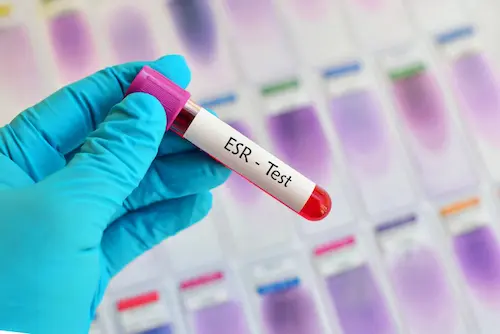
Detects inflammation in the body by measuring sedimentation rate.
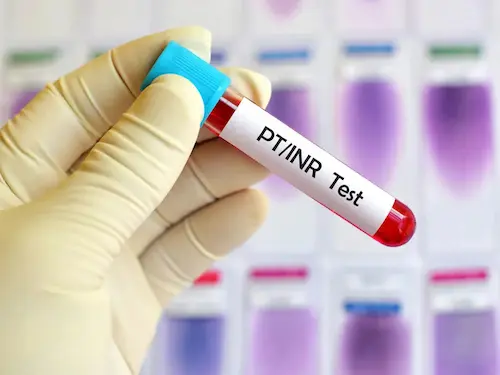
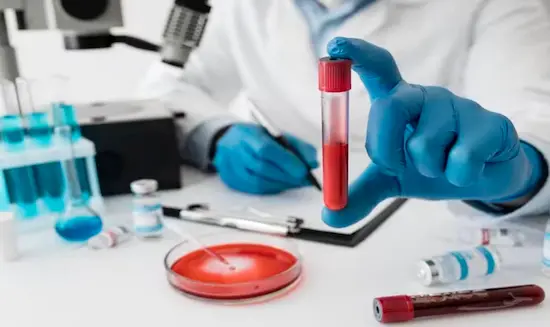
measures the level of uric acid in your blood or urine.
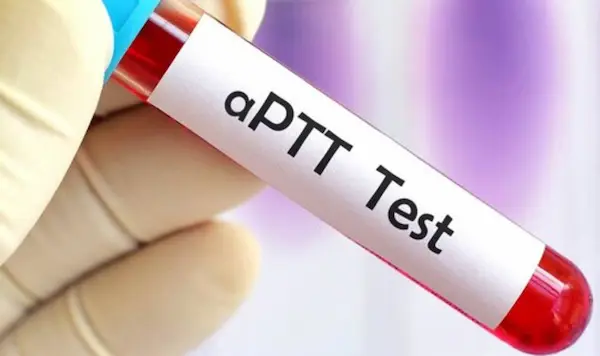
blood test used to evaluate the clotting process in the body.


blood test that measures the amount of potassium in your blood.

measures the amount of calcium in your blood or urine.
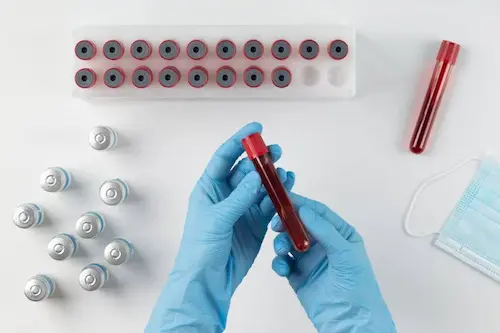
blood test used to detect and measure the level of rheumatoid factor in the blood.
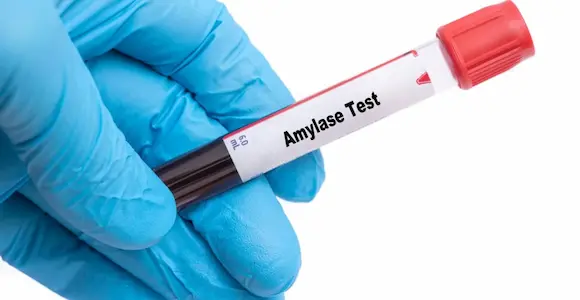
measures the level of the amylase enzyme in your blood or urine.
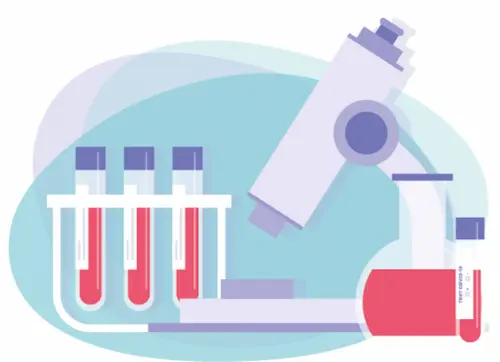
blood test used to assess how well a person's blood clots.
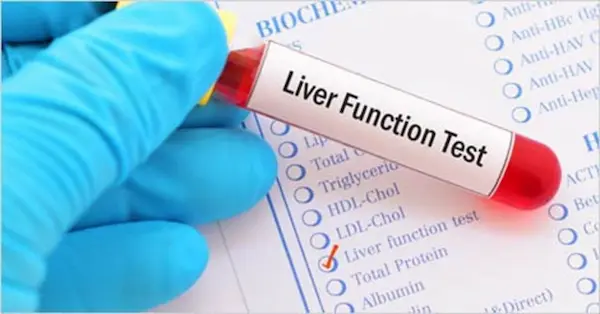
Check the health of your liver through enzyme levels and protein production.
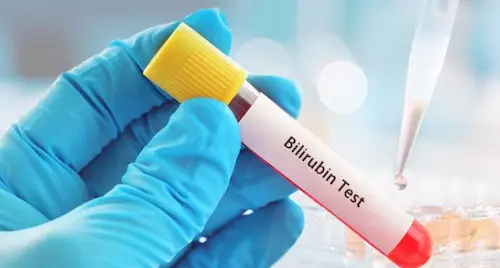
Measures bilirubin levels to detect jaundice and liver disease.
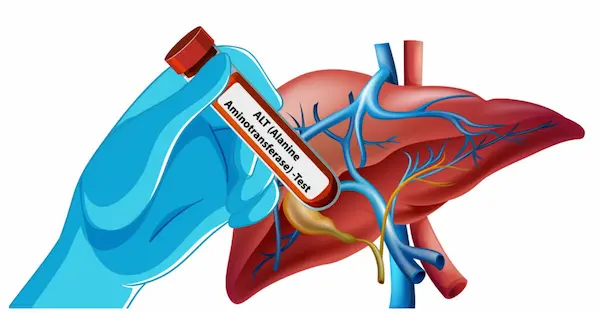
Assess liver damage by measuring specific enzyme levels.
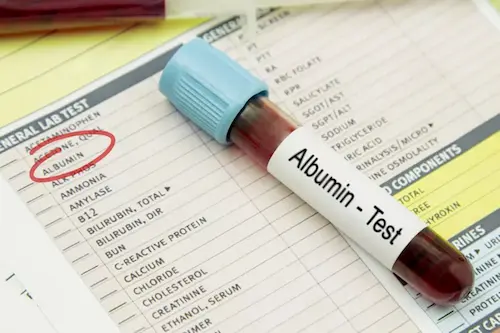
Evaluates liver’s ability to produce essential proteins.
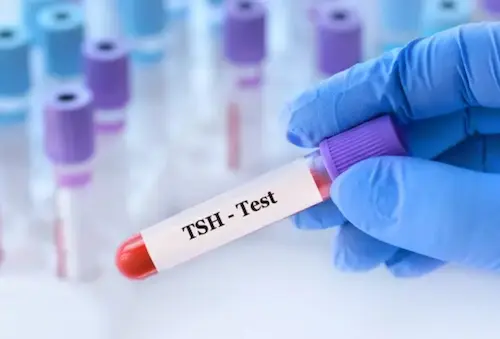
Measures Thyroid Stimulating Hormone to evaluate thyroid function.
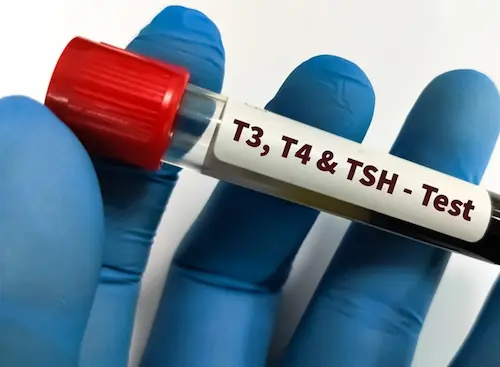
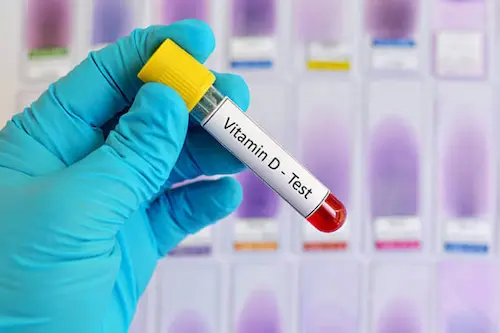
Determine your Vitamin D3 levels to assess bone and immune health.
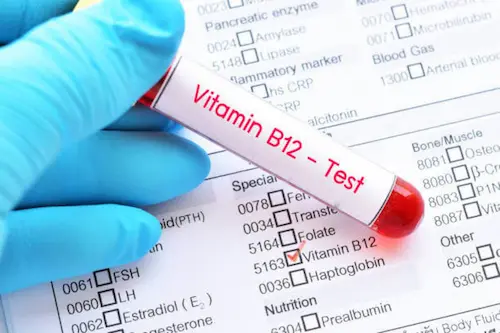
Checks B12 levels to detect deficiency causing fatigue or nerve issues.
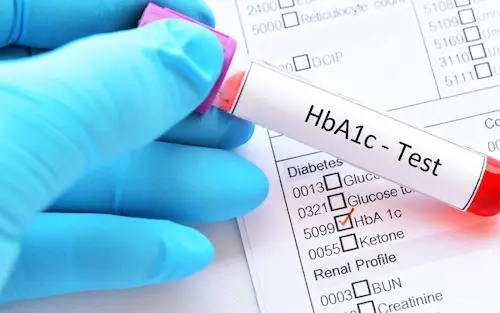
Checks average blood sugar levels over the past 3 months.
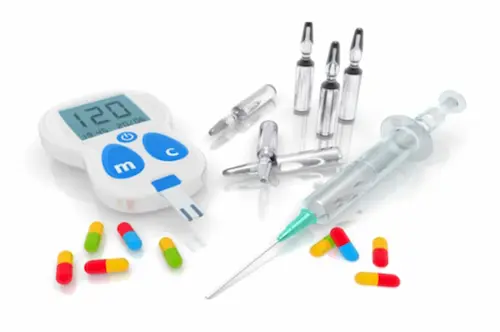
Measures glucose levels regardless of when you last ate.
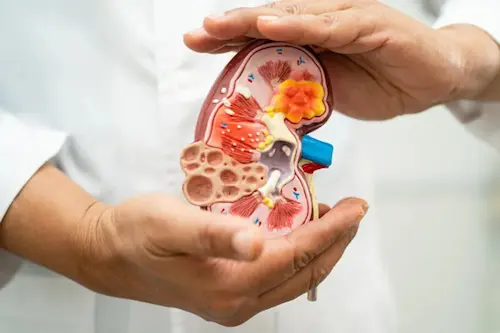
Assesses urea, creatinine, and other parameters to evaluate kidney health.
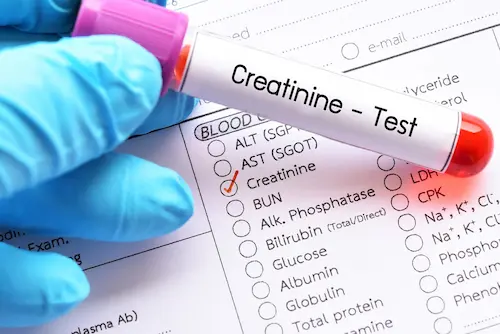
Measures creatinine levels to evaluate kidney filtration ability.
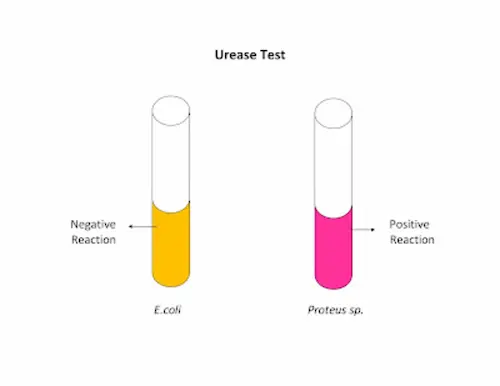
Measures blood urea nitrogen (BUN) to assess kidney function.

Measures levels of sodium, potassium, and chloride for renal balance.
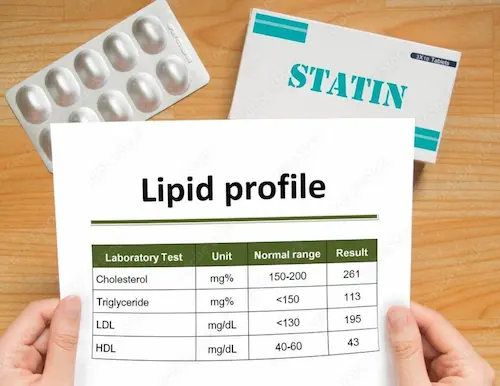
Cholesterol and triglyceride levels to assess heart disease risk.
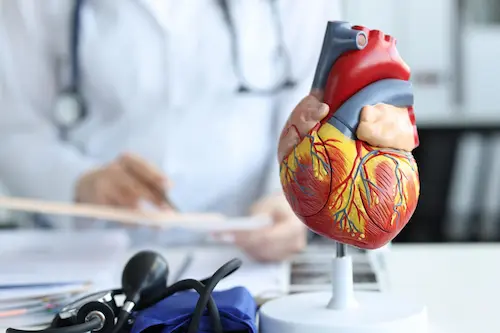
C-reactive protein level indicating inflammation or heart disease.
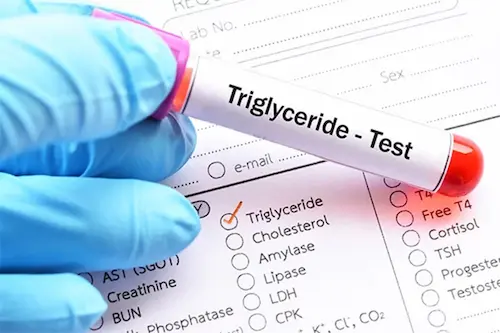
a blood test that measures the level of triglycerides, a type of fat, in your bloodstream.
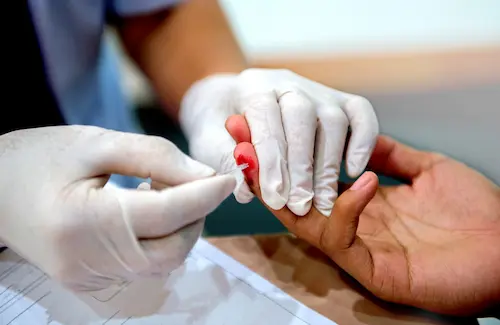

Detects Hepatitis B infection.
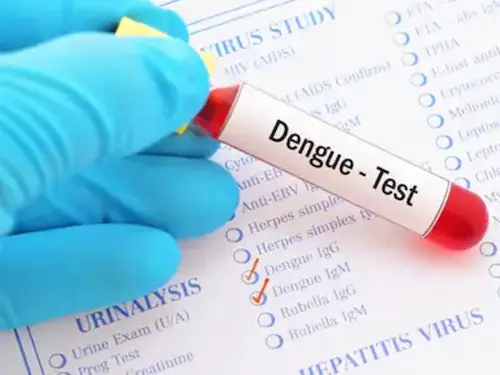
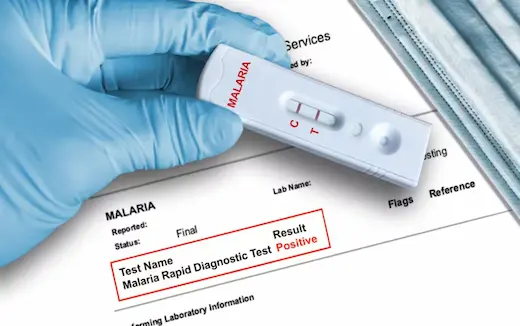
Detects Plasmodium parasite in blood sample.
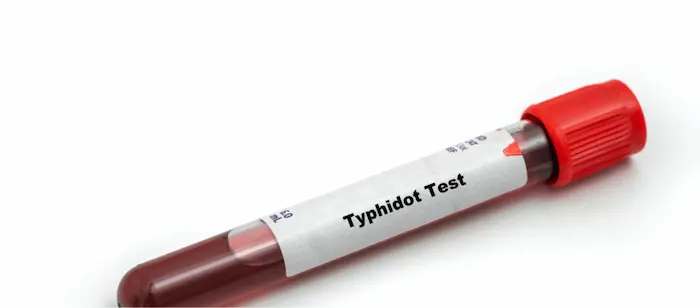
rapid diagnostic blood test used to detect antibodies against Salmonella typhi, the bacteria that causes typhoid fever.
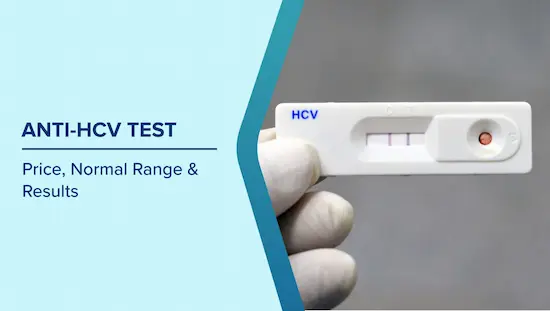
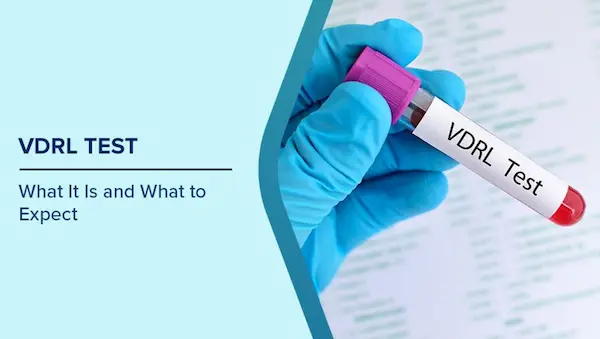

diagnostic analysis of urine to assess various aspects of a person's health.
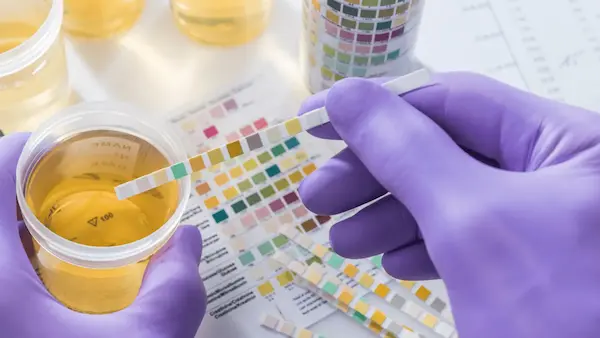
a laboratory procedure that checks for bacteria or other microorganisms in a urine sample, primarily to diagnose urinary tract infections (UTIs).
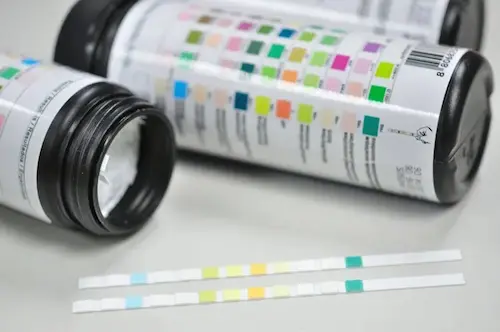
measures the amount of sugar (glucose) in a urine sample.
Need medicines? We deliver fast!